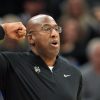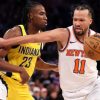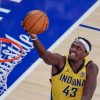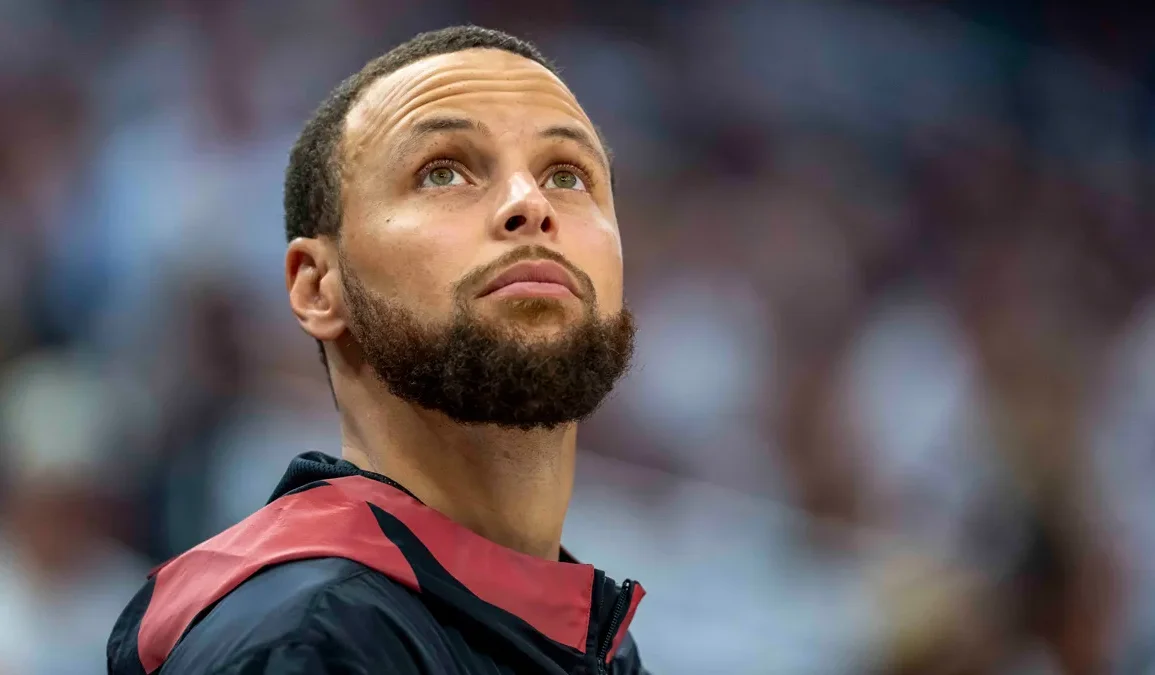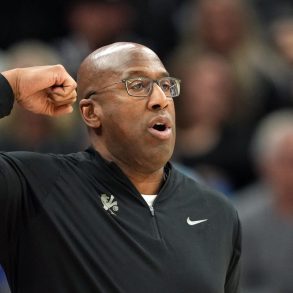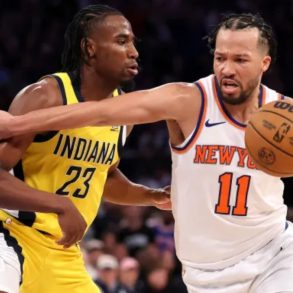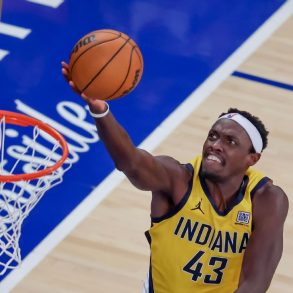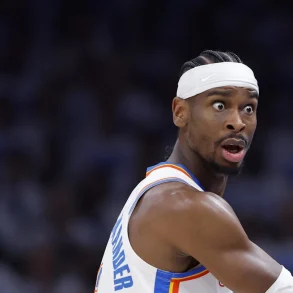The Golden State Warriors’ season came to a close with a 121-110 loss to the Minnesota Timberwolves in Game 5 of the Western Conference semifinals. As the Target Center erupted for the hometown Wolves, Warriors head coach Steve Kerr embraced Jimmy Butler and Draymond Green in what was their final appearance of the season.
Without star guard Stephen Curry, who suffered a hamstring injury in Game 1, the Warriors struggled and lost four straight games after winning the opener. Despite the disappointing finish, Kerr praised his team’s effort and Minnesota’s strong performance.
Curry’s Injury Changed Playoff Hopes and Butler’s Arrival Sparked Team Turnaround
Kerr openly acknowledged that the Warriors’ potential was severely hampered by Curry’s absence. The team had gained momentum after a gritty first-round series win over the Houston Rockets and appeared poised for a deep playoff run. When Curry exited in the second quarter of Game 1 against the Wolves, Golden State was leading comfortably.
Kerr said he didn’t need to wonder “what if,” because he believed they truly had a chance to go all the way. Curry, 37, described the injury as a “gut punch” considering how well the team was playing and the uncertainty surrounding future opportunities.
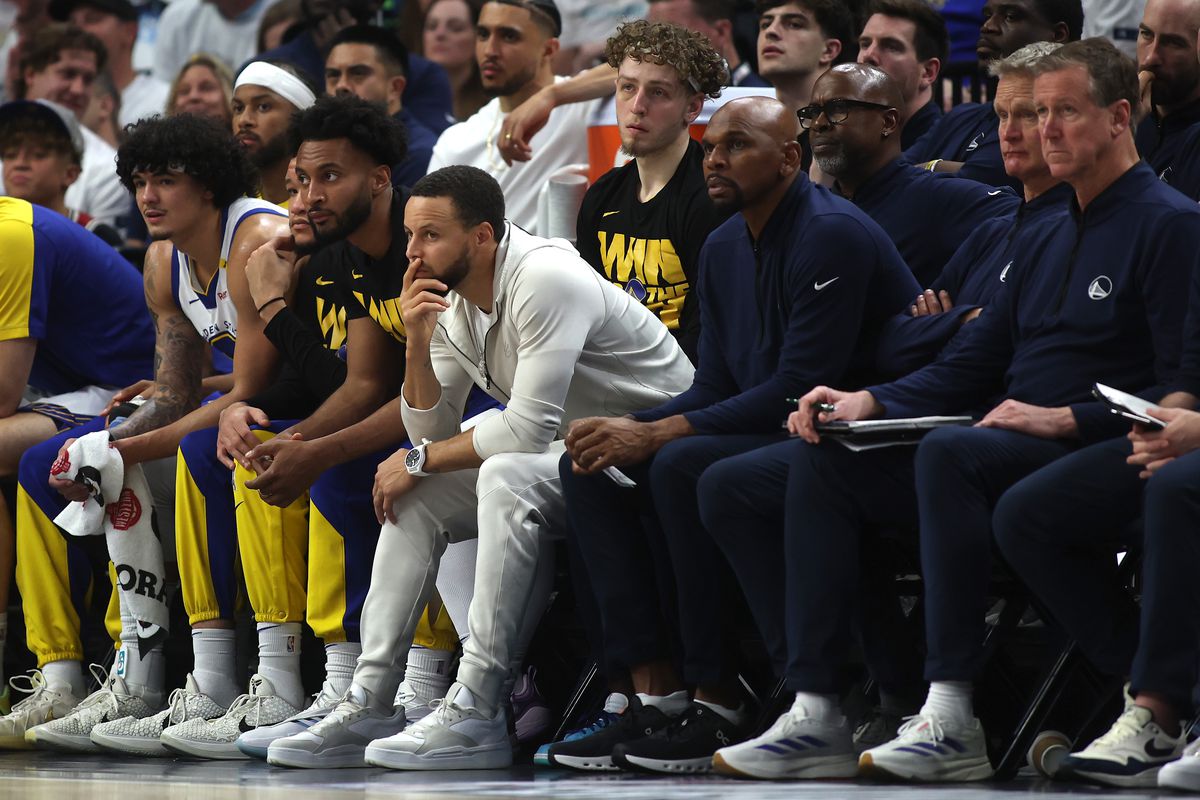
Golden State’s turnaround began with the midseason acquisition of Jimmy Butler. Prior to his debut, the Warriors were 25-26, but they went 23-8 afterward, becoming one of the league’s top-performing teams in that span. They led the league in defensive efficiency and were among the best in assists and points allowed.
Butler provided much-needed grit and leadership, especially in critical moments. Despite battling illness and pain from a tailbone contusion suffered in the first round, Butler fought through and delivered strong performances, including 33 points in Game 3.
Curry’s Absence Disrupted Offense, But Warriors Confident in Future With Butler
Kerr explained how Curry’s absence had a cascading effect on the team’s offensive dynamics, particularly for Butler. Minnesota capitalized on the lack of floor spacing, staying tight on all Warriors players—even non-shooters—and forcing Butler into isolation plays against a long and athletic defense. This strategy limited Butler’s ability to attack the rim and changed the way the Warriors could operate offensively. Kerr noted that Butler was playing through injury and discomfort, but still gave everything he had, making his effort all the more commendable.
Despite the bitter end to their playoff journey, the Warriors remain optimistic about their future. Butler, Green, and Kerr all expressed confidence in the team’s potential, particularly if they stay healthy and build continuity through a full season together. They credited Butler’s arrival as the turning point and highlighted their belief in general manager Mike Dunleavy Jr. to strengthen the roster further. Kerr summarized the sentiment best, stating that this team had transformed into one of the league’s best down the stretch—and while the postseason didn’t go their way, they see a strong foundation for future success.
